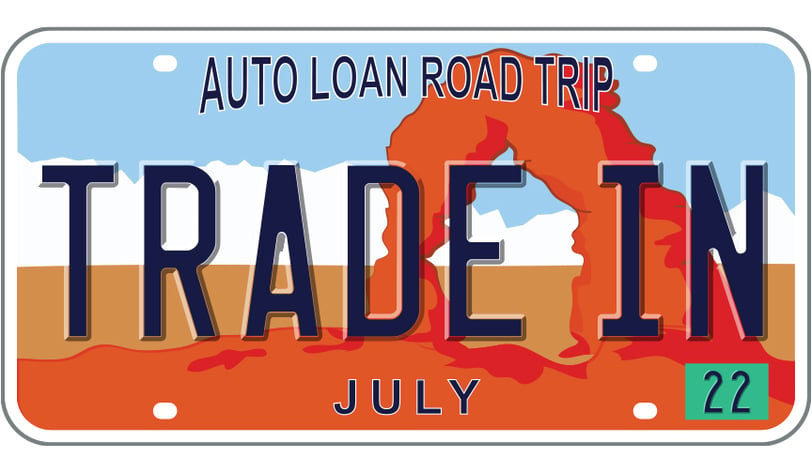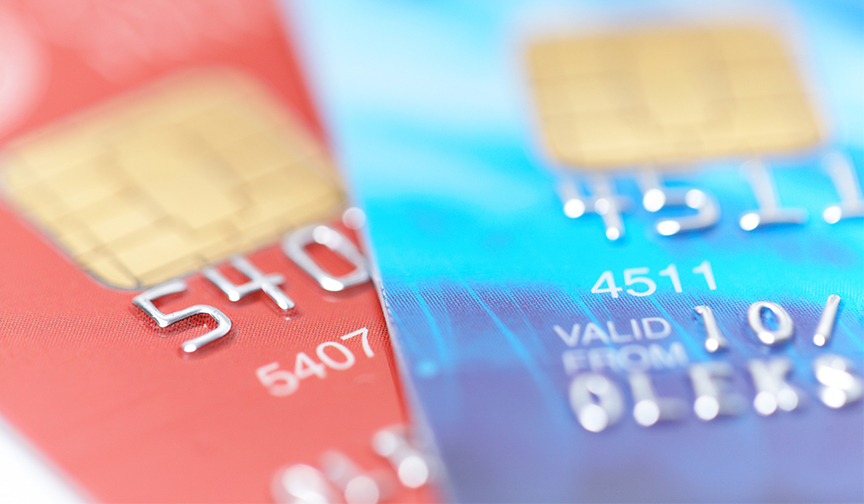Should You Sell or Trade-in Your Vehicle?
 When it comes time to get a new car, you may have to decide whether to sell your old vehicle or trade it in. Need an intro to how the trade-in process works? We've got you covered!
When it comes time to get a new car, you may have to decide whether to sell your old vehicle or trade it in. Need an intro to how the trade-in process works? We've got you covered!
How a Trade-In Works
Trading in your vehicle allows you to exchange your old car for a new one at a dealership. After examining your old car, the dealer may decide to give you an offer on it. The dollar amount of this offer is known as the “trade-in value." If you accept, the dealer will subtract the trade-in value from the price of the new car you've chosen. If there's an existing loan on your old vehicle, the trade-in value will be used to pay it off before the remaining amount is deducted from the price of the new car.
While there may be some dealerships that don't accept trade-ins, most do. In addition to letting you exchange an old car for either a brand-new or used one, dealers will usually give you the option of buying or leasing the new vehicle. If you accept a trade offer, some dealerships may even allow you to cash out some of the trade-in value.
Selling vs. Trading In
Not sure whether to sell or trade in? Here are five factors to consider before making your choice.
Profit
If you want to get the most value out of your vehicle, think about selling it to a private party instead of trading it in. As a business, a dealership needs to ensure they have the best chance of selling your car for a profit. Because of this, the trade-in value will likely be lower than what you could’ve pocketed if you had sold it yourself. Then, the dealer can sell the vehicle later at a higher price.
Taxes
In many states, you can enjoy a tax credit when you trade in a vehicle. In Utah, for example, trade-in values are not subject to tax. For instance: Say you’re trading your car for a new one that costs $40,000. The dealer offers you $10,000 for the old car. This means you’ll only have to pay taxes on $30,000 since the trade-in value of $10,000 won’t be taxed.
Time
Time is one of the biggest unknowns when selling a car yourself. It can take anywhere from hours to months before a deal is struck with a buyer. If you become anxious to get the selling process over with, it can be tempting to lower the price prematurely. But with a little patience, you could actually end up selling the vehicle for the price you want. On the other hand, you might need to lower the asking price if too much time goes by without a sale. The more that time passes, the more you may have to lower the price.
Worry
When selling privately, you can find yourself worrying about things that weren’t at the front of your mind before. What if something goes wrong with the car before it's sold? How much money will I have to spend on maintenance in the meantime? What if the paint gets scratched? How many more miles will I put on the car before a sale comes through?
That’s not all. Selling a car makes you a prime target for scammers posing as car shoppers. Be sure to stay vigilant while your vehicle is on the market. The tactics used by scammers can change over time, so take a little time and get up to speed on the latest fraud and scam threats.
Effort
By trading your vehicle in, you can avoid the hassle of selling privately and dealing with any paperwork that comes with it. Once you know which dealer you’d like to trade with, you can hand over your old car and get a new one all in one place. The dealership will take care of filing the necessary papers and paying off your current car loan (if applicable).
Takeaway
In the end, choosing between selling your car privately and trading it in comes down to your priorities and preferences. If maximizing your profit is key, selling to a private party may be your best bet. But if you'd rather save time and avoid the uncertainties of selling on your own, a trade-in can offer convenience and a streamlined process. Weighing these factors carefully will help you make a decision that aligns with your goals — and get you back on the road with confidence.
You May Also Like
These Related Stories

Could a Balance Transfer Save You Money?

Health Insurance Terms You Should Know


